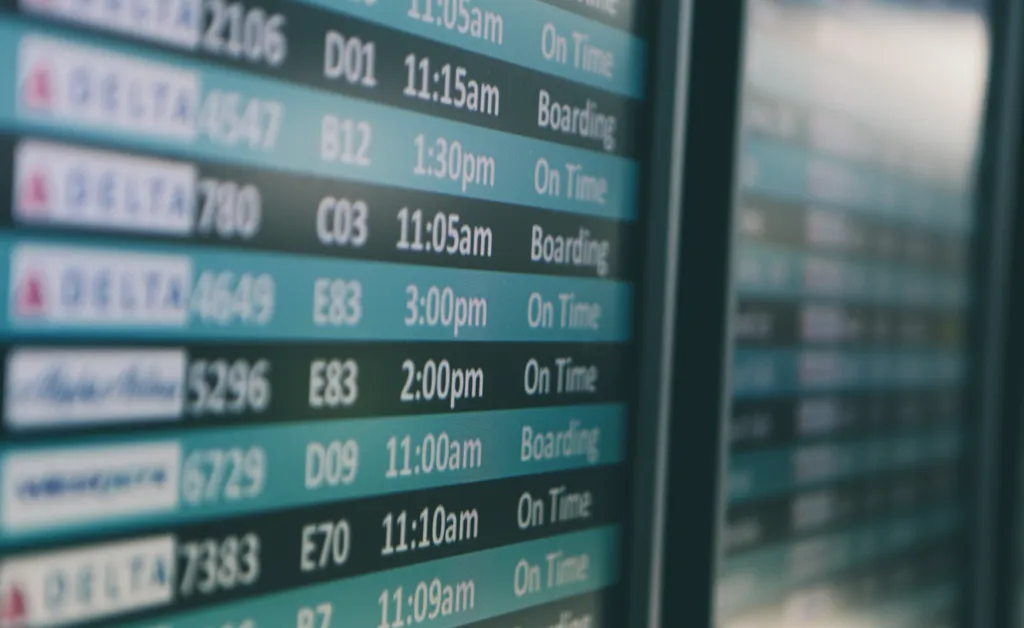
Be Careful What You Read: New TSA Policies May Lead to Reading Material Scrutiny
It’s getting a little scary out here. The ACLU reports that the TSA is currently testing new requirements that travelers remove reading materials like books and other paper goods from their carry-on luggage at airline security.
The tests are ongoing in smaller airports across the US, but DHS Secretary John Kelly has revealed that the policy will likely be applied across the country soon. He told Fox News: “What we’re doing now is working out the tactics, techniques, and procedures, if you will, in a few airports, to find out exactly how to do that with the least amount of inconvenience to the traveler.”
The explanation for this new policy is that it’s hard to distinguish dense objects such as books when scanning hand luggage. It could be that books look too much like explosives on the scanner, and are difficult to tell apart when they’re inside the bag. While this could explain the new policy, scanning and presumably judging reading material while deciding to let someone travel raises some privacy issues. ACLU Senior Policy Analyst Jay Stanley writes:
“[…]As my colleague Nicole Ozer has discussed, there is a long history of special legal protection for the privacy of one’s reading habits in the United States, not only through numerous Supreme Court and other court decisions, but also through state laws that criminalize the violation of public library reading privacy or require a warrant to obtain book sales, rental, or lending records.”
Stanley further highlights instances where readers were profiled due to their books and political leanings. In 2010, for example, a man was abusively interrogated and detained for nearly five hours for carrying flash cards in Arabic and a book critical of US foreign policy. Passengers might also feel embarrassed about their reading materials if they deal with sensitive issues like sexual assault, trauma and/or mental health issues. This seems to be a worrying policy that further erodes passengers’ privacy during bag searches.
He also clarifies that this is about screening physical reading materials, and that there is no justification for the TSA to peruse reading materials in electronic readers like Kindles or tablets.









